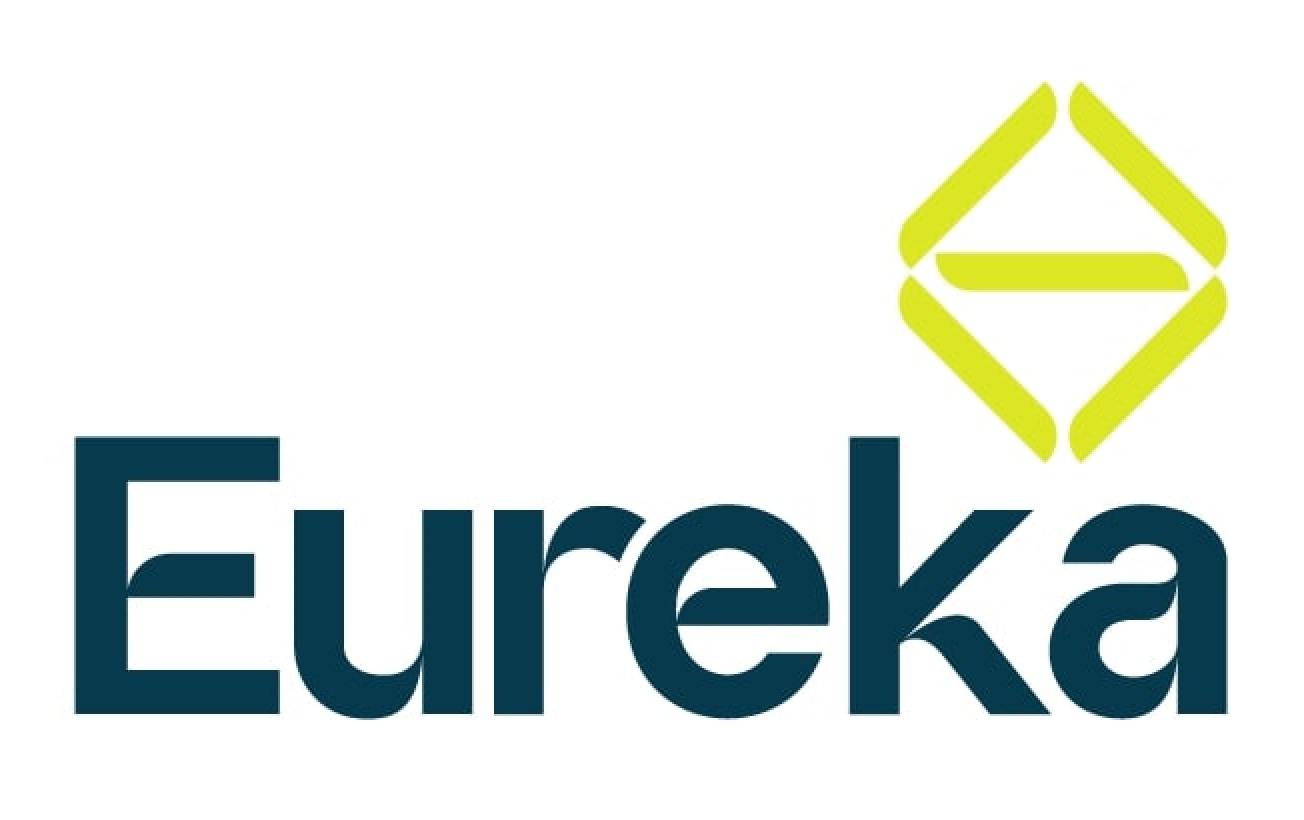Insights

In a landscape defined by breakthrough science and rapid technological evolution, the way we think about talent needs a revolution of its own. Traditional hiring methods no longer match the pace and complexity of innovation. At Eureka, we've reimagined how talent fuels the future of biotech, medtech, and healthtech. Here are six key trends reshaping the talent landscape for innovators ready to make bold moves. 1. Leadership agility over static experience In the past, leadership hires focused heavily on years of experience and sector pedigree. Today, adaptability, cross-functional insight, and rapid learning agility are equally, if not more, critical. The ability to lead through ambiguity, pivot strategies quickly, and harness interdisciplinary teams defines the leaders shaping the future. 2. Fractional talent solutions on the rise Startups and scale-ups, especially those navigating post-seed and series A/B funding, increasingly leverage fractional talent. Fractional talent advisors and interim executives bring high-level expertise without the full-time cost, allowing companies to scale smarter and more flexibly during periods of high growth or transition. 3. Bold employer branding to win top talent The best candidates are selective. Biotech and health AI companies must now actively build brands that communicate not just mission but momentum. A bold employer brand that highlights innovation, impact, and a commitment to career growth is a magnet for the next generation of talent. 4. Strategic talent advisory over transactional recruitment Transactional recruitment fills jobs, while st rategic talent advisory builds futures. Companies that partner with advisors rather than agencies benefit from workforce planning, leadership pipeline development, and hiring frameworks that support long-term scalability. 5. Career development as a talent magnet Today’s ambitious candidates view roles not just as jobs, but as career accelerators. Organisations offering coaching, mentoring, and clear development pathways will stand out. Career growth strategies are no longer a 'nice to have' — they're a competitive differentiator. 6. AI-enhanced hiring processes AI tools now power everything from sourcing to candidate evaluation. Forward-thinking companies leverage AI to enhance — not replace — the human side of recruitment. When used well, AI reduces bias, accelerates hiring timelines, and ensures a sharper alignment between candidates and company needs. The bold future of talent starts here Biotech, medtech, and healthtech innovators are redefining industries — it's time talent strategies do the same. At Eureka, we're here to help you make bold moves with recruitment, career coaching, and strategic talent advisory services designed for the future. Ready to rethink your talent strategy? Connect with us today to build the bold leadership teams of tomorrow.

The general term ‘assessment’ that we know in the work context typically refers to evaluating individuals' skills, knowledge, abilities, and personality traits. There are, of course, other characteristics that are equally important when choosing a candidate to join your team and the larger organisation. While KSAs (knowledge, skills, and abilities) are very important to match the job in question, characteristics such as a person’s personality, communication, learning style, personal value, and motivation are equally, if not more important, as these would determine the candidate’s outlook and commitment towards the role they are applying for. So, assessments can take various forms, such as tests, interviews, simulations, and evaluations. Assessments embedded in the hiring process are crucial for several reasons: 1. Objective Decision Making: It provides employers with concrete data to make informed decisions about hiring, promotion, or training. 2. Identifying Strengths and Weaknesses: Assessments help identify candidates' strengths and areas for development, aiding in better placement and support within the organisation. 3. Predicting Job Performance: Certain assessments, such as cognitive tests or job simulations, can predict how well candidates will perform in specific job roles. 4. Reducing Bias: When designed and implemented properly, assessments can help reduce bias in hiring decisions by focusing on objective criteria rather than subjective judgments. 5. Improving Employee Retention: By ensuring that candidates are well-suited for the role, assessments can contribute to higher job satisfaction and lower turnover rates. An assessment provides several advantages in the hiring process: 1. Efficiency: It helps streamline the hiring process by quickly identifying candidates who possess the required skills and qualifications for the jobs advertised. 2. Cost-Effectiveness: Assessments can help minimise the cost associated with hiring by reducing the likelihood of hiring individuals who are not a good fit for the role in a fair and non-biased approach. 3. Quality of Hire: By ensuring that candidates are assessed based on relevant criteria, organisations can improve the quality of their hires, leading to better overall performance and productivity. 4. Legal Compliance: Using standardised assessments can help ensure that hiring practices comply with legal regulations, particularly regarding discrimination and equal employment opportunities. Assessments are for various stakeholders: 1. Employers: They use assessments to make informed decisions about hiring, promotion, and development of employees. 2. Candidates: Assessments provide candidates with an opportunity to showcase their skills and abilities, ensuring that they are well-suited for the role. Also, assessments can help candidates understand and learn about themselves better. In areas where they may have over or underrated themselves against a role they are applying for, there are candidates who would like to be assessed if their preferences and values have changed over the years. 3. HR Professionals: Human resources professionals utilise assessments to design effective hiring processes, identify training needs, and support talent management initiatives. Assessment can also be integrated into different stages of the hiring process: 1. Pre-Screening: Assessments may be used initially to screen candidates based on their qualifications, skills, or personality traits. 2. Interviews: Some assessments, such as competency-based interviews or situational judgment tests, may be conducted during the interview stage to further evaluate candidates' suitability for the role. 3. Final Selection: Assessments may also be used as a final step in the hiring process to validate hiring decisions or inform onboarding and training plans. Ready to transform your hiring process and harness the full potential of your team? Start integrating comprehensive assessments today and pave the way for a dynamic, innovative, and inclusive workplace. Let's elevate your hiring strategy – together.

Inclusive hiring practices and Diversity, Equity, and Inclusion (DEI) initiatives are gaining momentum across various industries, particularly in sectors like healthcare and life sciences. While statistics detailing the prevalence of DEI elements may vary, many organisations, including large pharmaceutical companies, are committing to fostering inclusive workplaces through a range of initiatives. These efforts often include establishing diversity and inclusion councils, implementing training programs to address unconscious bias, and adopting inclusive recruitment strategies. However, there's always room for improvement. Conscious, unbiased recruitment practices are essential, especially when considering neurodivergent applicants. It's crucial for organisations to embrace neurodiversity and recognise the unique perspectives and talents that neurodivergent individuals bring to the table. Addressing implicit bias and unconscious stereotypes is also key. Even well-intentioned individuals may hold biases that influence decision-making processes. Ongoing education, training, and self-awareness are essential for combating these biases and creating truly inclusive environments. Additionally, organisations must recognise and address the unintentional obstacles that conventional recruitment practices may pose for neurodiverse candidates. Organisations that prioritise DEI initiatives are likely to benefit in several ways. By adopting inclusive hiring practices, they demonstrate a commitment to equal opportunity and legal requirements, which can influence broader adoption of DEI practices within the organisation. Moreover, a strong commitment to DEI can enhance the organisation's reputation as an employer of choice and a responsible corporate citizen. However, crafting and implementing a robust DEI process can be challenging. Leadership commitment and accountability are paramount. Leaders must be held accountable for advancing DEI goals within their teams and departments. This can involve tying DEI metrics to performance evaluations, compensation, and promotion decisions to incentivise progress. In summary, while DEI efforts are underway in many sectors, including biomedical and pharmaceutical organisations, continued progress is needed. Fostering inclusive recruitment practices, embracing neurodiversity, improving organisational reputation, holding leadership accountable, and addressing implicit biases are all essential steps toward creating truly inclusive workplaces.

Scouring the job market is no small task—it demands a ton of energy and smarts to land a spot that feels just right. So, it can be a real let-down to discover the pay at the end of the interview tunnel doesn't match up with your expectations. But, not all hope is lost even if the numbers don't add up. Stumbled upon this scenario? It may feel like a slap in the face if the salary's off the mark, especially if the company won't budge. But, here's some steps you can take to gracefully bow out of a job offer when the pay doesn't pass muster. Pause before you decline over pay: Hold your horses before you turn down that offer. Mull over the whole deal—is the pay non-negotiable for you, or are there perks that might tip the scales? Look beyond the paycheck. Maybe there are benefits like extra vacation days, work-from-home flexibility, or chances to grow and learn that sweeten the pot. It's smart to peek at salary benchmarks or speak to a specialist recruiter like Eureka to get the lay of the land. And, don't forget to weigh the non-cash pros, like working remotely, career growth paths, or a stellar health plan that covers your family too. When you're ready to address the offer you've received: Act quickly but not hastily Feeling the urge to immediately say no? Put a pin in that. Snap decisions can backfire. Instead, thank the employer for the offer and ask for a short time to think it over. Just don't dawdle—dragging your feet can come off as unprofessional. When you've reached a decision, loop back promptly. This lets the company move forward with other candidates without missing a beat. Stay professional and cordial Rejecting an offer because the dollars don't stack up is tough, but keep it polite. You want to leave a good impression with the hiring managers, not burn bridges. After all, your paths may cross again, and you might want to toss your hat in the ring for a different role down the line. Pick your communication channel wisely Got your mind made up? Think about how you'll convey it. I personally recommend phoning with a follow-up email to confirm your decision. Script your message Jot down notes before the call. Say thanks for the opportunity, acknowledge the hard choice you've had to make. When you break the news, be forthright about your reasons, like the salary not hitting the mark, but skip the long saga. Wrap up on a positive beat, hinting you're open to future roles that might fit better. Anticipate a possible counteroffer If the salary was the deal-breaker, you might just get a comeback with a better number. But tread carefully—counteroffers can set expectations for the rest of your time with the company. Knowing how to say no with grace when the salary falls short can leave a lasting good impression and keep doors open for future opportunities that could propel your career forward. Finally, make sure you are realistic in all your negotiations and be prepared to justify your worth with relevant supporting information. Good luck!

The workforce's dynamics are shifting, with job hopping at the center of the change. While there's an art to nimbly navigating career steps, there's also a science to knowing when it's beneficial and when it may hinder your professional trajectory. There are definite advantages to regular job moves:- Skill diversity: Regular exposure to varied environments accelerates skill acquisition, keeping professionals agile and competitive. Comfort zone: Regular changes force adaptation, fostering resilience and self-confidence. Financial upside: Job hoppers often see quicker salary increases, with long-term stayers potentially earning 50% less over their careers. Networking: Moving across companies expands professional networks, opening doors to future opportunities. Engagement: Varied roles keep enthusiasm high and prevent stagnation, which can enhance productivity and job satisfaction. That said, too many moves in success can lead to negative consequences:- Recruitment hesitancy: Hiring managers may see short stints as a lack of commitment, making them wary of investing in job hoppers. CV impact: A resume filled with brief roles can appear unfocused, lacking significant achievements. Depth of knowledge: Constantly starting anew can limit deep expertise in any one area or industry. Onboarding fatigue: Adapting to new systems and cultures repeatedly is exhausting and time-consuming. Confidence erosion: The perpetual job search and adjustment period can wear down self-assurance, affecting performance and interview success. Hopping from one job to another every year, culminating in ten jobs over ten years, might suggest an inability to commit and grow roots, which can be detrimental to one's career. A pattern of short stints without clear progression or development can signal to future employers a potential risk for their investment in you as an employee. In essence, job hopping is neither inherently good nor bad. It's the context, frequency, and career stage at which one engages in it that defines its impact. Strategic moves that build upon each other can be career propellants, but when overdone, they can suggest a flippant attitude towards career growth. Remember, the narrative that your career path tells is as important as the roles you've held.


